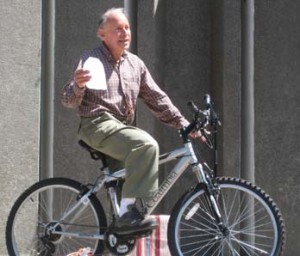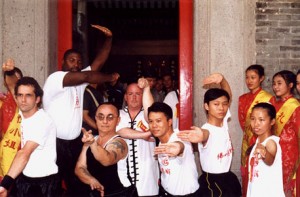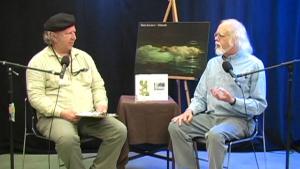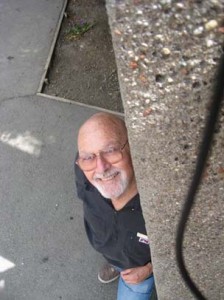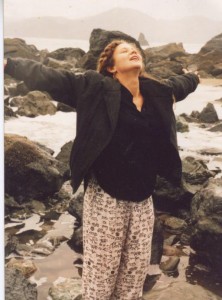 Before they are introduced to the concept of examination, I find my students enjoy playing the piano with a certain degree of innocence and curiosity. But as soon as they have taken the first exam, the pleasure of playing is transferred to the pleasure of passing. And when the certificates arrive in the mail with their names printed in gold, they are forever seduced into the system of achievement.
Before they are introduced to the concept of examination, I find my students enjoy playing the piano with a certain degree of innocence and curiosity. But as soon as they have taken the first exam, the pleasure of playing is transferred to the pleasure of passing. And when the certificates arrive in the mail with their names printed in gold, they are forever seduced into the system of achievement.
Learning to play for playing’s sake doesn’t go down well with the parents. After years of lessons, they are no longer dreamy-eyed about the essence of the soul and how music will nurture the character of their children. The piece of paper is proof that they have gotten their money’s worth. All that tuition and the weekly transport have to have tangible meaning in the end. Their children agree. Music is a must-have to put on their college application. My job is to whip them in shape before the next exam.




